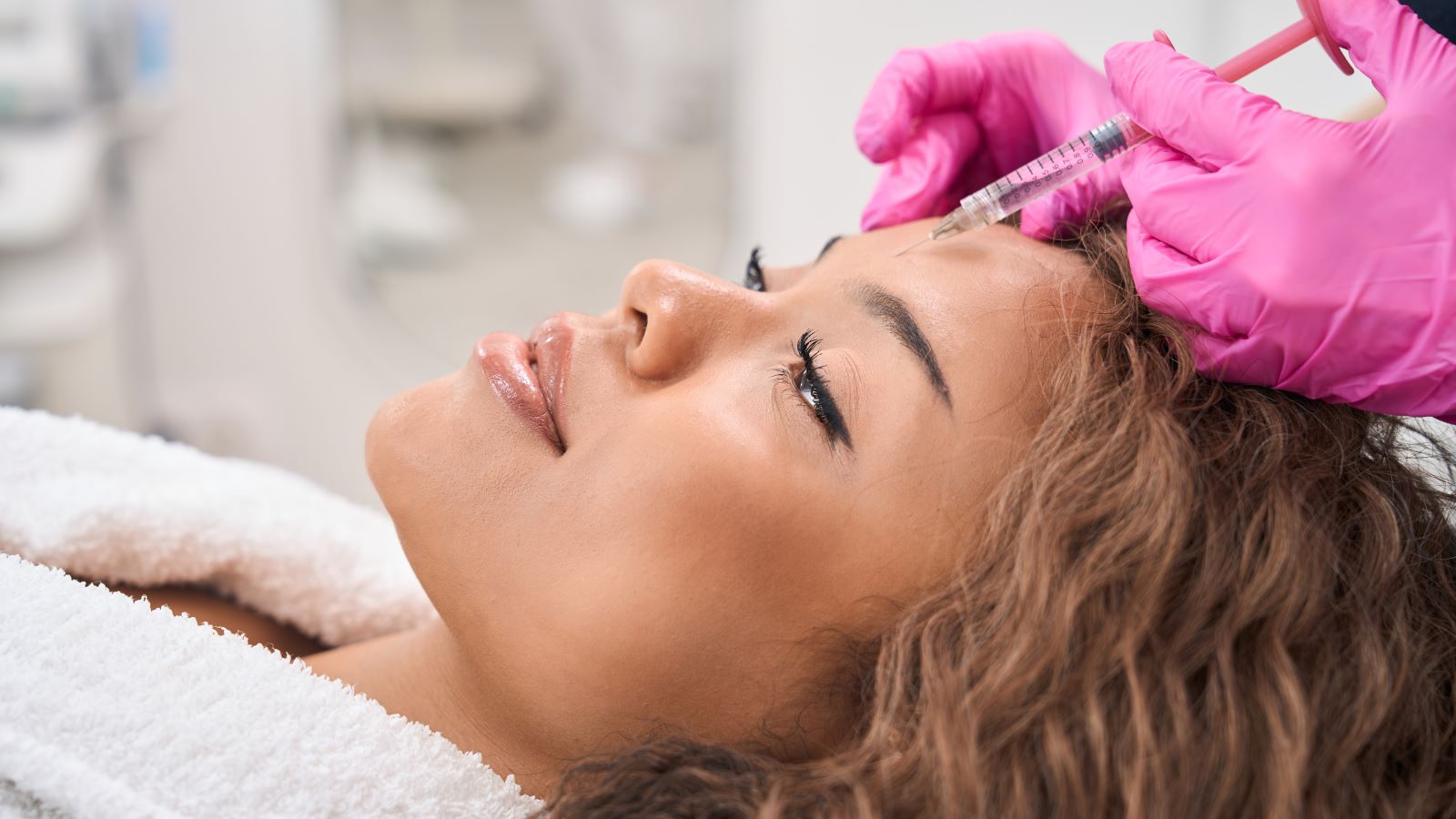<< Back
Are Botox Injections Safe?

May 29, 2024
Botox may seem like a miracle cure for everything from wrinkles to migraines and muscle spasms. But it can also be dangerous when not administered by a professional.
In fact, the Centers for Disease Control and Prevention (CDC) launched an investigation into “harmful reactions” to Botox from injections given outside medical offices.
“Botox is a controlled substance. I advise going to licensed facilities under the supervision of a physician,” says E. Stirling Craig, MD, a plastic and reconstructive surgeon at St. Vincent’s Medical Center.
Here’s what Dr. Craig has to say about being safe with your Botox.
Botox works by stopping muscles from contracting.
An injection of Botox blocks chemical signals from nerves that cause muscles to contract. Cosmetically, it’s relaxes muscles in the face that cause wrinkles. It also eases symptoms conditions like:
- Muscle spasms
- Lazy eye
- Migraine
- Urinary incontinence
- Excessive sweating
- Facial rejuvenation
> Related: 5 Misconceptions That Might Stop You From Trying Botox or Filler
But because Botox contains toxins, it can also be dangerous.
Botox contains small doses of botulinum toxin. When a dose is not FDA-approved or used incorrectly, it can trigger botulism, a rare disease where the toxin attacks the nervous system.
Treatment with antitoxin medication is needed to prevent permanent nerve damage.
“The injections we give are approved and contain sterile versions of the toxin compound that are regulated by the federal Food and Drug Administration,” Dr. Craig explains.
Home Botox may sound tempting, but injections are best done by a doctor or provider.
Use of Botox outside of medical facilities has become more popular as home and salon “parties,” she continues, cautioning they can be unsafe.
“This is a common promotional idea, but I would only recommend attending promotions at medspas or doctors’ offices,” she says. “Because it’s a controlled substance, you must be counseled about its use and a thorough medical history must be taken to see if you have any contra-indications that would suggest you not get the injection.”
Conditions that signal a person shouldn’t receive Botox include:
- Hemophilia
- Lyme disease
- Pregnancy or the potential of being pregnant
- Sensitivity to cow’s milk protein
- Neuromuscular disorders
- History or family history of neuromuscular disorders
Where is it safe to get Botox?
The safest way to receive Botox for medical or cosmetic reasons, a CDC statement says, is “an FDA-approved product, administered by licensed providers and in licensed settings.”
Still not sure where to go? Dr. Stirling suggests going with a reputable provider or health system.
“Recognizable brand backing is the safest, most trustworthy way to go,” Dr. Craig says.